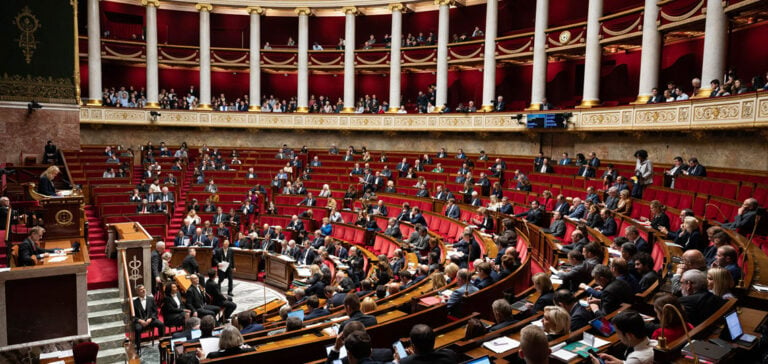The proposed nuclear safety reform, aimed at merging the French Nuclear Safety Authority (ASN) and the French Institute for Radiological Protection and Nuclear Safety (IRSN), has sparked a new wave of debate in the French National Assembly. This proposal, part of a vast plan to revive nuclear power in France, aims to simplify and optimize the sector’s control and regulatory structures. Stated objectives include improving the responsiveness and efficiency of licensing and control processes, and consolidating expertise in radiation protection and safety. However, the approach raises serious concerns about the potential consequences for the independence and transparency of both entities, fundamental elements of public confidence in national nuclear safety.
Resistance and Concern about the Merger
The government’s proposal is thus encountering a broad spectrum of resistance, highlighting the different apprehensions of the players involved. The unions at both institutions, historically committed to protecting their members and defending the independence of their missions, are expressing their fear of a dilution of responsibilities and less clarity in decision-making processes. Political parties, from the left to certain segments of the majority, are alarmed at a possible erosion of the separation of powers between the regulatory bodies and the government, fearing increased executive influence over decisions crucial to nuclear safety.
Reactions and opposition
Opposition to the project manifests a diversity of arguments and perspectives. Voices have been raised, citing the risk of creating a less agile and less transparent super-entity, capable of compromising the rigor and objectivity required for nuclear oversight. The merger, seen by some as an attempt at budget rationalization, is also interpreted by others as a threat to the independence crucial to risk assessment and emergency management.
Arguments against the reform are based on the exemplary nature of the French nuclear safety model, often cited as a global benchmark. Critics of the project stress the importance of maintaining a clear distinction between the roles of ASN, as regulator and supervisor, and IRSN, as technical expert. They point to the danger that a merger would represent for this separation of functions, potentially damaging the effectiveness and objectivity of safety analyses.
Perspectives and implications
Beyond the immediate debates, the question of the ASN-IRSN merger raises broader issues of governance and the future of the nuclear sector in France. Against a backdrop of atomic revival and energy transition, the way France configures its nuclear watchdog institutions will have a major impact on public confidence, national security and energy policy. The decisions taken today will determine not only the architecture of nuclear regulation, but also the country’s ability to meet the challenges of safety and sustainable development.
The debate on the ASN-IRSN merger in the French National Assembly reflects the deep-rooted tensions and issues at stake in the French nuclear sector. Between the quest for efficiency and the preservation of independence and transparency, the reform highlights the challenges of nuclear governance and safety in a context of energy recovery. The outcome of these discussions will have significant implications for France’s nuclear strategy and public protection.





















